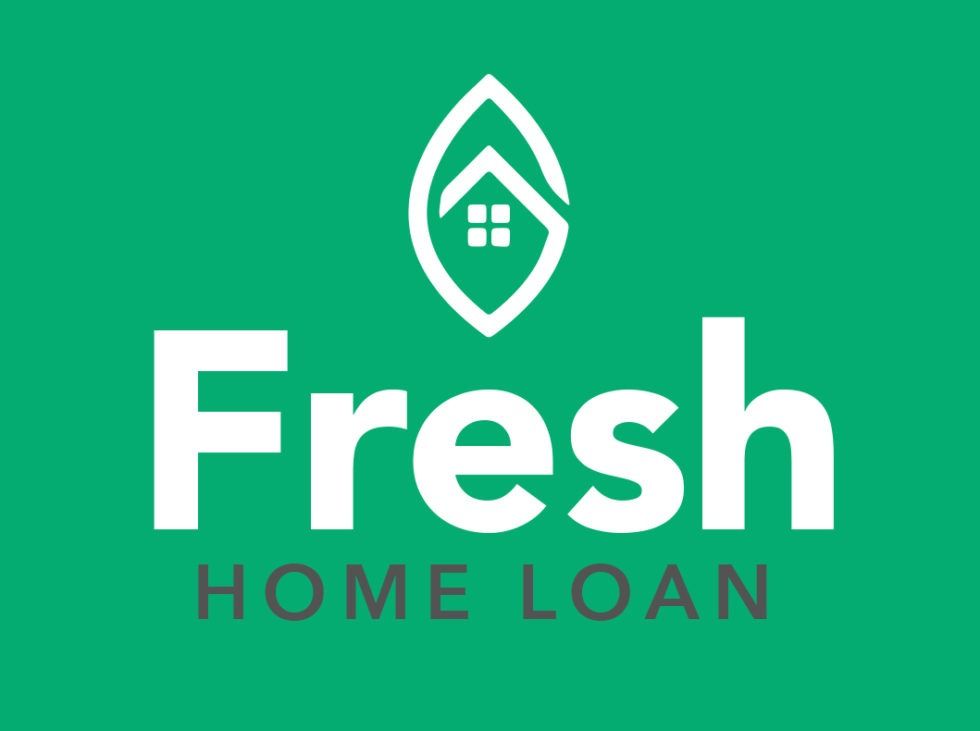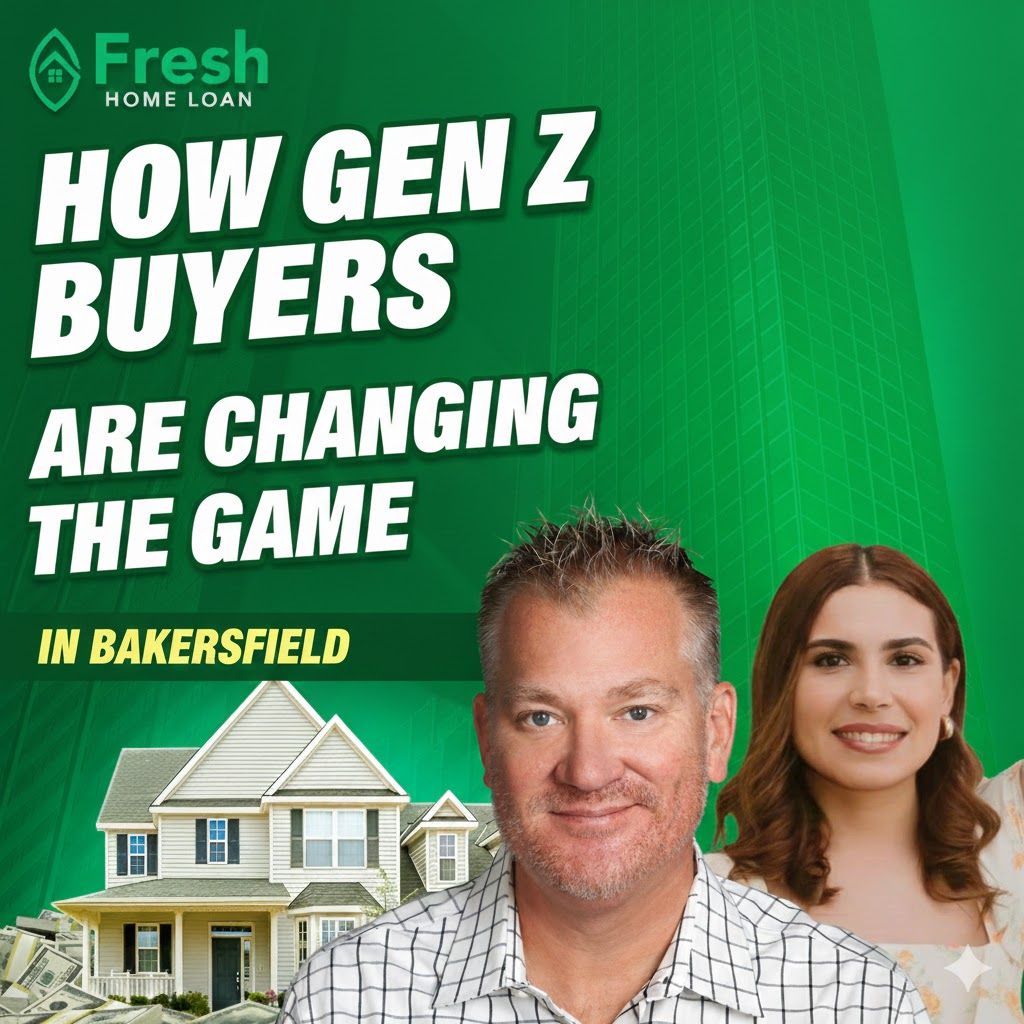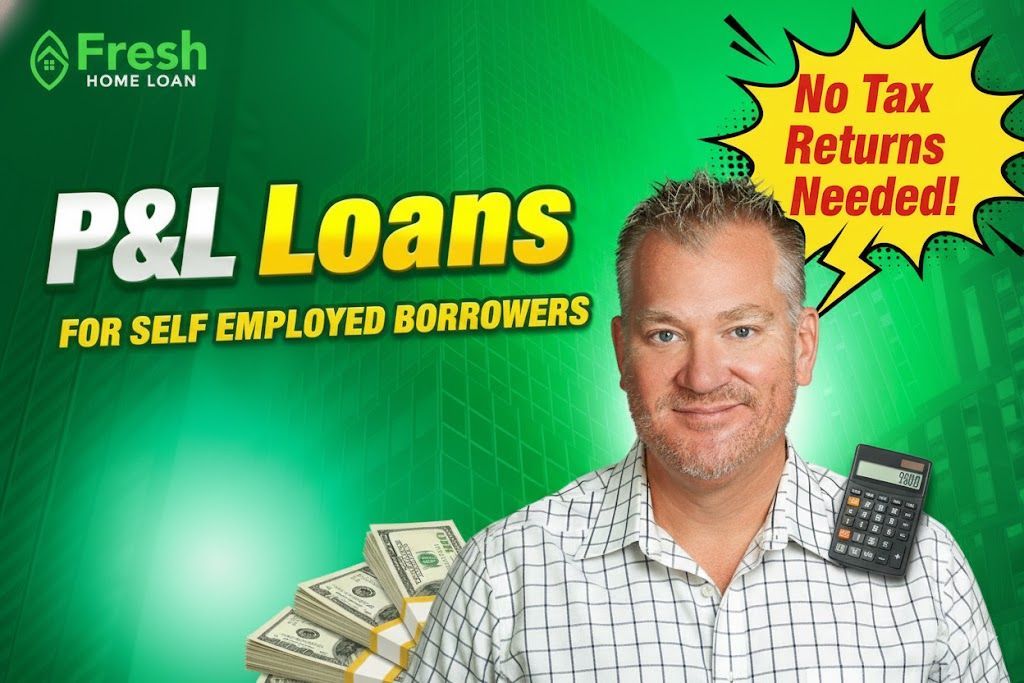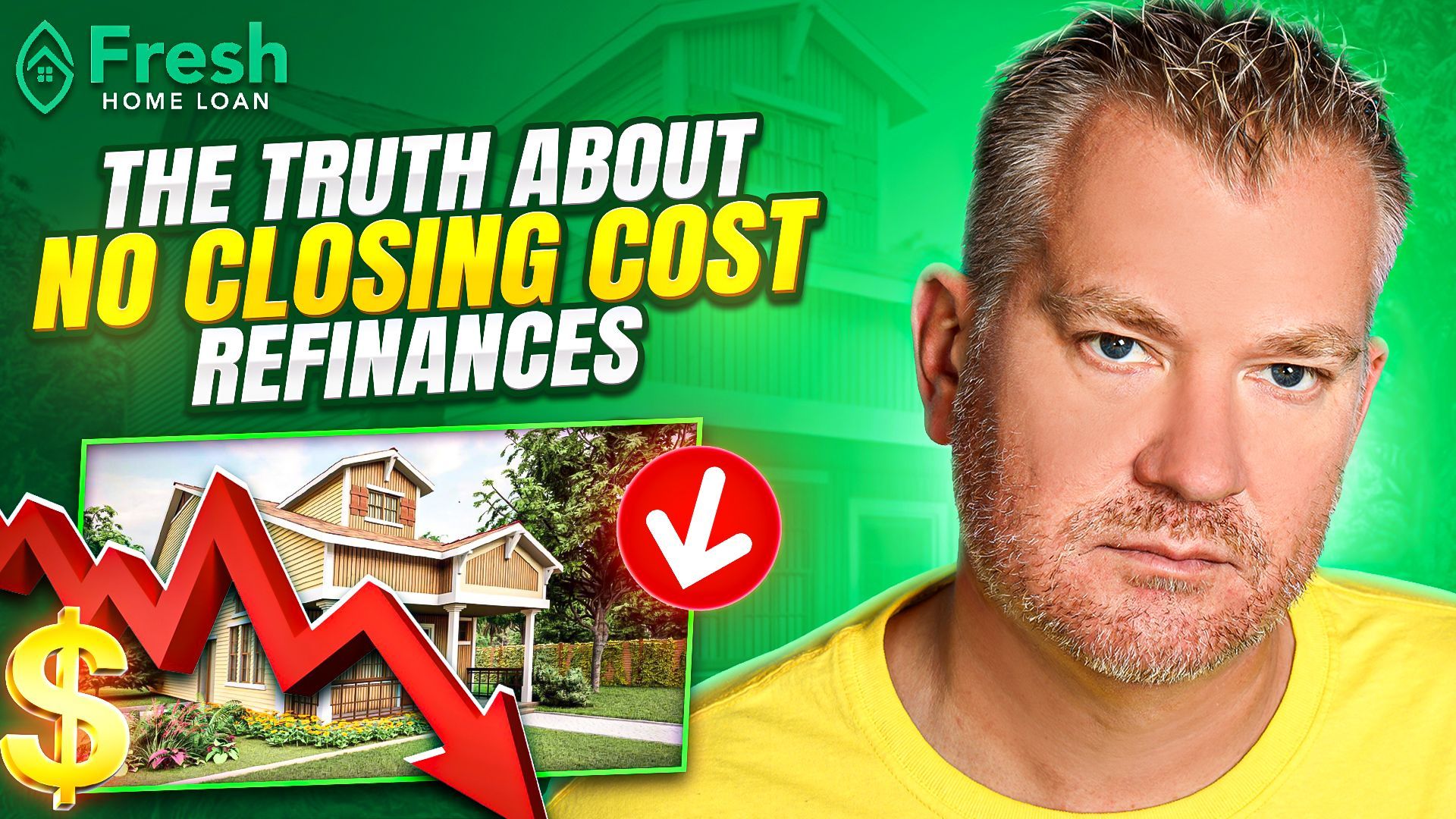Unlocking Potential: The Rise of Accessory Dwelling Units in the Bay Area and How to Navigate Financing Options.
The post Unlocking Potential: The Rise of Accessory Dwelling Units in the Bay Area and How to Navigate Financing Options. appeared first on Fresh Home Loan.
The San Francisco Bay Area, known for its stunning landscapes, technological innovation, and cultural diversity, faces a growing challenge in its housing market. As housing costs soar and urban spaces become more limited, residents and policymakers alike are exploring alternative solutions. One such solution gaining popularity is the development of Accessory Dwelling Units (ADUs). These compact living spaces, often referred to as in-law units, backyard cottages, or granny flats, are proving to be a game-changer in addressing the housing crisis in the Bay Area.
Why is there a Rise in ADU’s (Accessory Dwelling Units) in Cities Like Oakland, Berkeley, and San Francisco?
With a scarcity of affordable housing options and an increasing population, ADUs are emerging as a viable solution to maximize existing residential spaces. In recent years, the Bay Area has seen a surge in ADU construction, thanks in part to more lenient zoning regulations and financial incentives. Homeowners are increasingly recognizing the potential of their underutilized spaces, such as garages or backyard areas, to create additional living quarters.
What are the benefits of ADU’s (Accessory Dwelling Units) in Cities Like Oakland, Berkeley, and San Francisco?
Increased Housing Stock: ADUs add to the housing inventory without the need for large-scale development projects. This allows for a more gradual and sustainable growth in housing supply.
How do ADU’s (Accessory Dwelling Units) Help Affordability in Cities Like Oakland, Berkeley, and San Francisco?
The relatively lower construction costs associated with ADUs make them an affordable housing option, both for homeowners and potential renters. This can contribute to easing the burden of high living expenses in the Bay Area.
ADUs offer flexibility in housing arrangements, providing options for multi-generational living or rental income. Families can use these units to accommodate aging parents, adult children, or even generate additional income through renting.
How do ADU’s (Accessory Dwelling Units) Help Environmental Sustainability in Cities Like Oakland, Berkeley, and San Francisco?
The compact size of ADUs often translates to lower energy consumption and a smaller environmental footprint. By utilizing existing structures and spaces, ADUs promote sustainable development practices.
What are the Challenges and Solutions of ADU’s (Accessory Dwelling Units) in the San Francisco Bay Area?
While the benefits of ADUs are evident, challenges remain. Zoning restrictions, permitting processes, and concerns about neighborhood aesthetics can hinder the widespread adoption of ADUs. However, local governments are increasingly recognizing the importance of addressing these challenges. Streamlining the permitting process, providing financial incentives, and engaging in community outreach are some of the ways policymakers are working to facilitate ADU development.
What are the financing options for ADU’s (Accessory Dwelling Units) in Cities Like Oakland, Berkeley, and San Francisco?
The growing popularity of Accessory Dwelling Units (ADUs) in Cities Like Oakland, Berkeley, and San Francisco is a practical and sustainable housing solution has prompted many homeowners to explore the possibilities of adding these versatile spaces to their properties. However, the journey from envisioning an ADU to making it a reality often involves navigating the seemingly intricate landscape of financing.
The good news is San Francsico Bay Area Homeowners have experienced a huge gain in equity in recent years and there are several different options available with flexible options and a quick and efficient streamlined underwriting process. Here are the various financing options to help you turn your ADU dreams into reality.
Home Equity Lines of Credit:
One of the most straightforward ways to fund an ADU project is by tapping into your home’s equity. Home equity loans lines of credit allow homeowners to borrow against the value of their property. These are flexible lines of credit that allow the borrower to withdraw and pay back funds and the borrower will only pay interest on the funds borrowed similar to the way a credit card works. This flexibility can be advantageous for managing construction costs as they arise. To learn more visit: https://freshhomeloan.com/heloc/
Cash-Out Refinance:
A cash-out refinance is a popular financing option for homeowners with significant equity in their properties. This method involves refinancing your existing mortgage for an amount higher than what you currently owe and receiving the difference in cash. This extra cash can then be used to fund your ADU project. While this option provides immediate funds, it’s essential to consider the impact on your mortgage terms and interest rates. To Learn more visit: https://freshhomeloan.com/cashout/
Rehabilitation Loans:
If your ADU project involves significant renovations or the conversion of an existing structure, rehab loans can be a valuable financing tool. FHA 203(k) and Fannie Mae HomeStyle Renovation loans are examples of programs that combine the purchase or refinance of a property with the cost of renovations. This option is particularly beneficial for those looking to transform existing spaces into functional ADUs. For more information on specific scenarios visit: https://freshhomeloan.com/todays-rate-checker/
Private Lenders and Investors:
For those seeking alternative financing, private lenders and investors can be potential sources of funding for ADU projects. Establishing partnerships or securing private loans may provide the flexibility and capital needed to bring your ADU plans to fruition. For more information on specific scenarios visit: https://freshhomeloan.com/todays-rate-checker/
Local and State Financing Programs:
Many local and state governments offer financial incentives and programs to encourage ADU construction. These may include low-interest loans, grants, or tax credits. Investigate the options available in your area, as these programs are often designed to promote sustainable housing solutions.
Conclusion:
Financing your ADU in in Cities Like Oakland, Berkeley, Alameda and San Francisco involves careful consideration of your financial situation, project scope, and long-term goals. Cash-out refinance and rehab loans offer distinct advantages, but the key is finding the solution that aligns with your unique circumstances. As you embark on this journey, consult with financial professionals, explore local incentives, and make informed decisions to transform your ADU vision into a tangible and rewarding investment.
As “Independent Mortgage Brokers that Work for the People” ™ Fresh Home Loan Inc. Provides California Homeowners with the options and resources needed to fund just about any ADU project, often times with little to no documentation required from the homeowner. As third-party brokers, we work for you, and you alone, and have the wholesale financing options and rates to help make your ADU project a reality.
Garrick Werdmuller is President and CEO of Fresh Home Loan Inc., and has been featured in National Mortgage Professional Magazine and other publications for his work with Rehab Loans on challenging properties in the San Francisco Bay Area.
To schedule and appointment visit:
https://freshhomeloan.com/schedule-a-meeting/
Link to our online application:
https://freshhomeloan.com/apply-now/
You may also contact Garrick Werdmuller Directly:
Garrick Werdmuller
President CEO
Fresh Home Loan Inc
510.282.5456 call/text
NMLS 242952
If you would like to get social:
All loan approvals are conditional and not guaranteed and subject to lender review of all information. Loan is conditionally approved when lender has issued approval in writing, but until all conditions are met, loan cannot be funded. Specified rates and [products may not be available to all borrowers. Rates subject to change according to market conditions and agreed upon lock times set by borrower. Fresh Home Loan Inc. is an Equal Opportunity Mortgage Broker in California. This licensee is performing acts for which a real estate license is required. Fresh Home Loan, Inc. is licensed by the California Department of Real Estate #02137513 NMLS # 2124104













